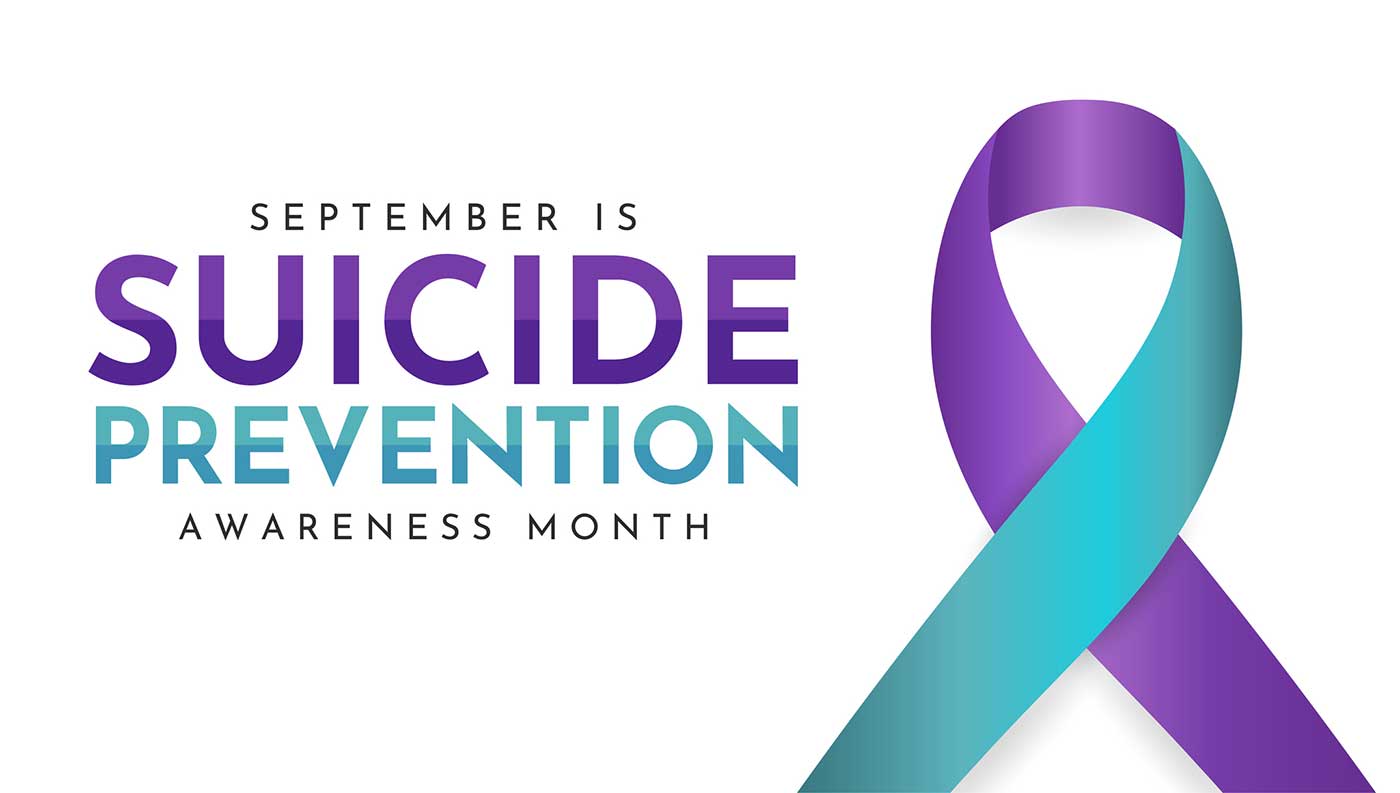According to JAMA, US physicians aged 65 years and older oversee more than 50 million office visits and 11 million hospitalizations every year. With the growing number of older physicians practicing, healthcare organizations are increasingly implementing policies mandating age-based assessments as part of credentialing processes, licensure renewals, and institutional quality assurance initiatives. These requirements, along with a host of other factors, have fueled significant debate within the medical field. Here are the top issues surrounding this complex topic:
- Balancing Patient Safety and Physician Experience
The Journal of Neurological Clinical Practice cites a 2020 JAMA re-credentialing report showing that 13% of physicians tested had serious cognitive declines. Cognitive decline can affect memory, decision-making, and problem-solving, while physical decline can affect dexterity and stamina. Ensuring all practicing physicians provide safe and effective care is crucial, but it is equally important to avoid bias and age discrimination – and recognize the experience and wisdom older physicians bring to the field. - Assessment Accuracy and Fairness
Cognitive and competency assessments can help identify issues early, allowing for timely interventions such as additional training or adjustments in clinical duties. However, ensuring that screening protocols for older physicians are both accurate and non-discriminatory is crucial. The Journal of Medical Regulation highlights a fundamental question about the accuracy and fairness of many current age-based assessments due to the lack of established performance norms specific to the physician population and to physicians by age group. Further, it raises the question of whether age is even the most important factor in determining physician competency and cognitive impairment screening. - Standardization of Assessments
Another major issue is the lack of standardization in current competency assessments across different institutions, leading to inconsistent outcomes and potential unfairness in assessing physicians’ abilities. Developing standardized guidelines and protocols can help address this by ensuring that all physicians are evaluated based on the same criteria and benchmarks. To promote objectivity and fairness, the American Medical Association has adopted a policy that outlines 9 core principles of competency screenings. - Resource Allocation
Screening older physicians for competency demands substantial resources, including time, personnel, and financial investment. For many healthcare institutions, especially smaller ones, this can be challenging. Health Matrix: The Journal of Law-Medicine emphasizes cost-effectiveness as a key criterion for implementing any age-based assessments for physicians. Additionally, it’s crucial to ensure these screenings do not overburden physicians or create unnecessary administrative workload. - Impact on Physician Morale and Retention
Mandatory competency screenings, particularly if perceived as unfair or discriminatory, can negatively impact older physicians’ morale. This could lead to decreased job satisfaction and even early retirement, exacerbating US physician shortages – projected to be 140,000 by 2030. Creating a supportive environment that values the contributions of older physicians while ensuring competency is essential. Offering resources such as professional development opportunities, peer support, and flexible work arrangements can help mitigate negative impacts on morale. - Legal and Ethical Considerations
The legal and ethical implications of screening older physicians are also significant. In early 2020, the EEOC filed a lawsuit against Yale-New Haven Hospital over their age-based cognitive testing requirements for physicians. Implementing age-based screenings must comply with laws against age discrimination and ensure that all physicians are treated equitably. Clear, transparent communication about the reasons for and benefits of competency screenings can help address ethical concerns and foster acceptance among physicians.
Conclusion
Screening older physicians for competency is a nuanced and multifaceted issue. While essential for ensuring patient safety and maintaining high standards of care, it must be approached with sensitivity, fairness, and respect for the contributions of seasoned physicians. Addressing key issues—balancing patient safety with physician dignity, managing cognitive and physical decline, resource allocation, standardization of assessments, and legal and ethical considerations—can help create an effective and equitable screening process. By doing so, the medical community can uphold its commitment to quality of healthcare while valuing the experience and expertise of its older members.






Responses